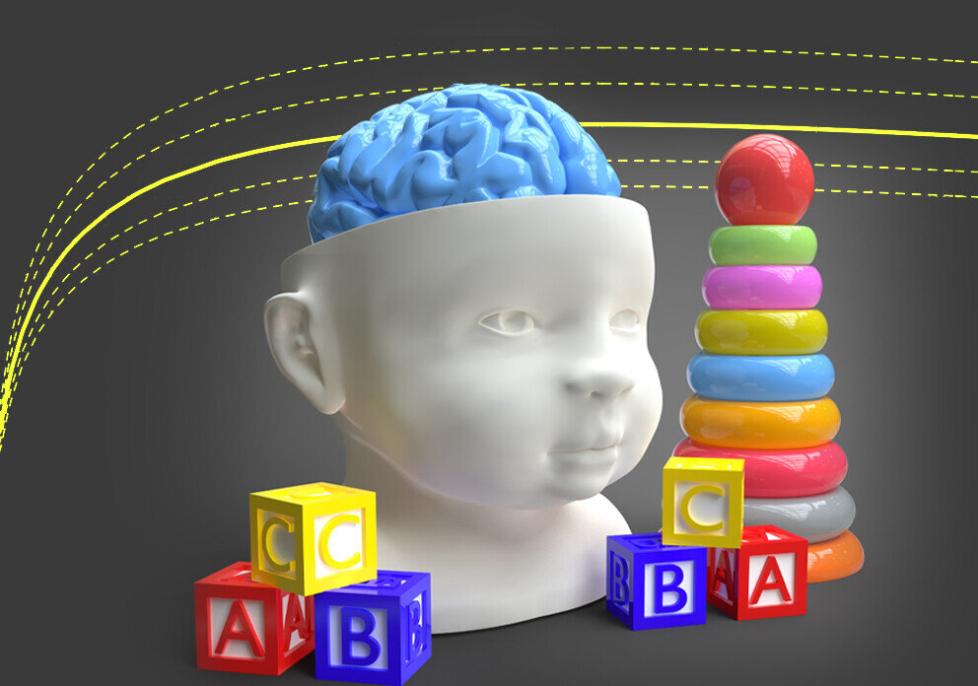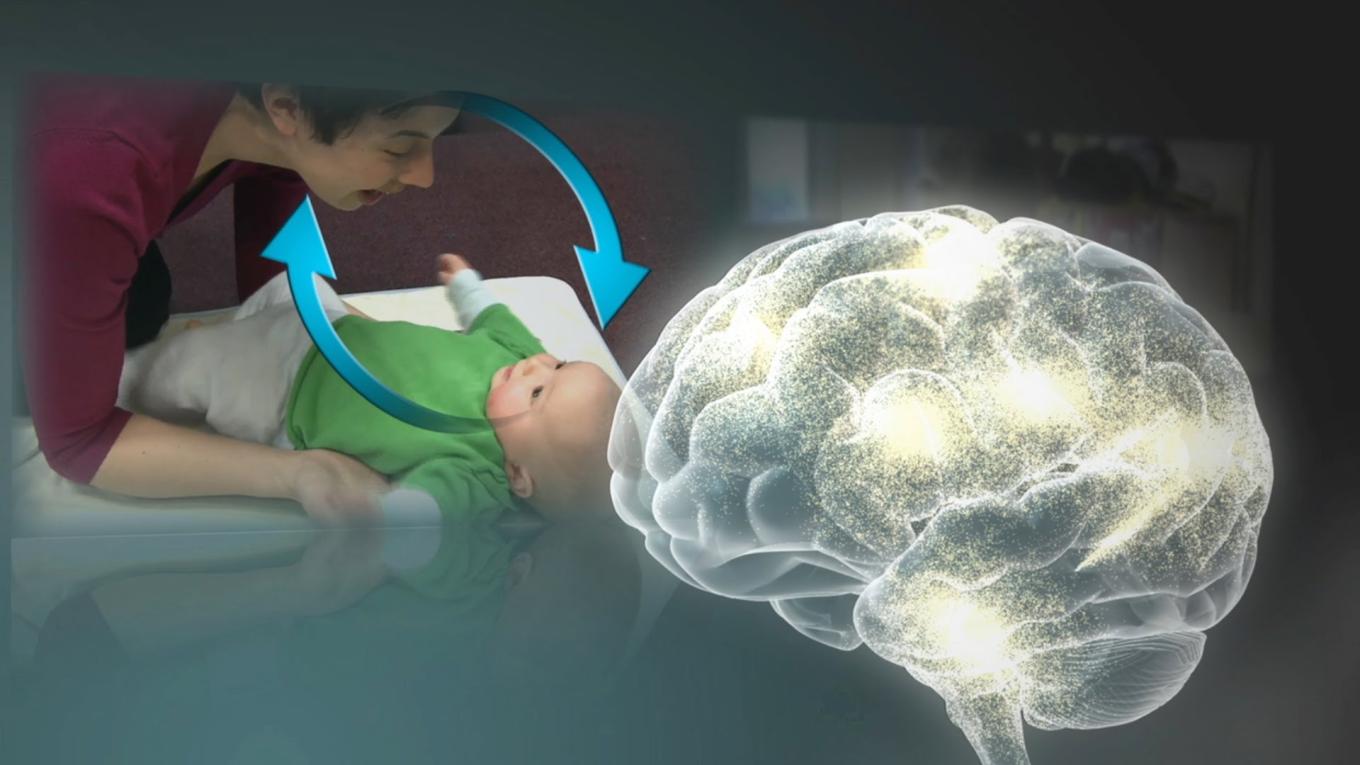How Does Brain Development Influence Legal Decision-Making?
The human brain is a complex organ that undergoes significant changes throughout the lifespan. These changes have a profound impact on our cognitive, emotional, and social development, which in turn influence our behavior and decision-making. In the context of the criminal justice system, understanding the relationship between brain development and legal decision-making is crucial for ensuring fair and just outcomes.

I. Brain Development And Its Stages
The brain develops rapidly from childhood to adulthood, with key changes occurring in structure and function.
Stages Of Brain Development:
- Childhood: During childhood, the brain undergoes significant growth and development. The prefrontal cortex, which is responsible for higher-order cognitive functions such as decision-making and impulse control, is still maturing.
- Adolescence: Adolescence is a period of rapid brain development, characterized by increased connectivity between brain regions. This can lead to improved cognitive abilities, but also increased risk-taking and impulsivity.
- Young Adulthood: In young adulthood, the brain continues to develop and mature. The prefrontal cortex reaches full maturity, leading to improved decision-making and impulse control.
- Adulthood: In adulthood, the brain undergoes gradual changes, with some cognitive abilities declining while others remain stable or improve.
II. Impact Of Brain Development On Legal Decision-Making
Brain development has a significant impact on legal decision-making, influencing cognitive abilities, emotional development, and the understanding of legal concepts and consequences.
Cognitive Abilities:
- Attention: Attention is essential for processing information and making decisions. Brain development affects attention span, focus, and the ability to filter out distractions.
- Memory: Memory is crucial for recalling information and making informed decisions. Brain development influences the formation, storage, and retrieval of memories.
- Problem-Solving: Problem-solving skills are necessary for navigating complex legal situations. Brain development affects the ability to identify problems, generate solutions, and evaluate outcomes.
Emotional Development:
- Impulsivity: Impulsivity is the tendency to act without considering the consequences. Brain development influences the ability to control impulses and make deliberate choices.
- Risk-Taking: Risk-taking is the willingness to engage in potentially dangerous or uncertain situations. Brain development affects the assessment of risks and rewards, and the ability to make calculated decisions.
Understanding Of Legal Concepts And Consequences:
- Abstract Reasoning: Abstract reasoning is the ability to understand and apply abstract concepts. Brain development affects the ability to comprehend legal concepts and principles.
- Moral Development: Moral development refers to the development of a sense of right and wrong. Brain development influences the ability to make moral judgments and understand the consequences of one's actions.
III. Implications For The Criminal Justice System
Brain development research has significant implications for the criminal justice system, raising questions about criminal responsibility, culpability, sentencing, and rehabilitation.
Criminal Responsibility And Culpability:
- Diminished Capacity: Brain development may affect an individual's capacity to understand the wrongfulness of their actions or to control their behavior. This can lead to a defense of diminished capacity, which may reduce criminal responsibility.
- Age of Criminal Responsibility: The age at which individuals are considered legally responsible for their actions is a matter of debate. Brain development research suggests that the age of criminal responsibility should be raised to reflect the immaturity of the adolescent brain.
Sentencing And Rehabilitation:
- Sentencing: Brain development research can inform sentencing decisions by considering the individual's age, developmental stage, and potential for rehabilitation.
- Rehabilitation: Brain development research can guide the development of rehabilitation programs that are tailored to the specific needs of individuals with immature brains.
Juvenile Justice:
- Unique Needs of Juveniles: Juveniles have unique developmental needs and vulnerabilities. Brain development research emphasizes the importance of considering these needs in juvenile justice proceedings.
- Rehabilitation and Prevention: Brain development research highlights the importance of investing in rehabilitation and prevention programs for juveniles, as early intervention can have a positive impact on brain development and reduce the likelihood of future criminal behavior.
IV. Ethical And Legal Considerations

The use of brain development research in legal decision-making raises ethical and legal considerations related to bias, discrimination, and the balance between individual responsibility and the understanding of brain development.
Bias And Discrimination:
- Potential for Bias: Brain development research could be used to justify bias and discrimination against certain groups, such as juveniles or individuals with mental health conditions.
- Need for Fair and Impartial Application: It is essential to ensure that brain development research is applied fairly and impartially, without leading to discriminatory outcomes.
Balancing Individual Responsibility And Brain Development:
- Individual Responsibility: While brain development may influence behavior, individuals are still responsible for their actions. Striking a balance between individual responsibility and the understanding of brain development is crucial.
- Legal and Ethical Challenges: Balancing individual responsibility with brain development presents legal and ethical challenges that require careful consideration and ongoing dialogue.
Use Of Brain Scans And Neuroimaging Techniques:
- Legal and Ethical Implications: The use of brain scans and neuroimaging techniques in legal proceedings raises legal and ethical concerns related to privacy, consent, and the interpretation of brain data.
- Need for Clear Guidelines: Clear guidelines and standards are necessary to ensure the responsible and ethical use of brain scans and neuroimaging techniques in legal decision-making.
V. Conclusion
The relationship between brain development and legal decision-making is complex and multifaceted. Understanding this relationship is essential for ensuring fair and just outcomes in the criminal justice system. Continued research in this area is crucial for informing policy and practice, and for addressing the ethical and legal challenges that arise from the intersection of neuroscience and the law.

YesNo

Leave a Reply